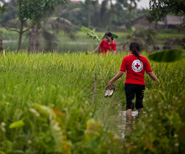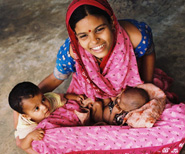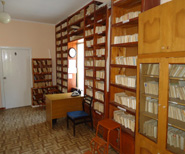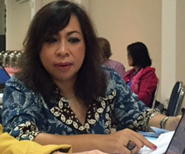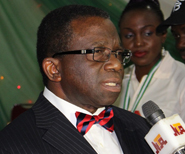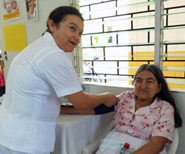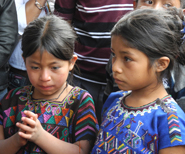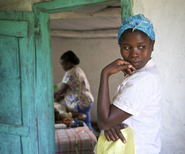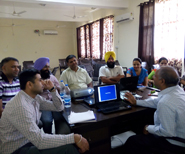People living with HIV and AIDS in Vietnam now have greater access to antiretroviral drugs (ARVs) than ever before. This access to care is largely the result of financial and in-kind contributions from the President’s Emergency Plan for AIDS Relief (PEFAR) and The Global Fund which together have worked with the Government of Vietnam to cover […]
Sustaining Vietnam’s HIV and AIDS Programs
